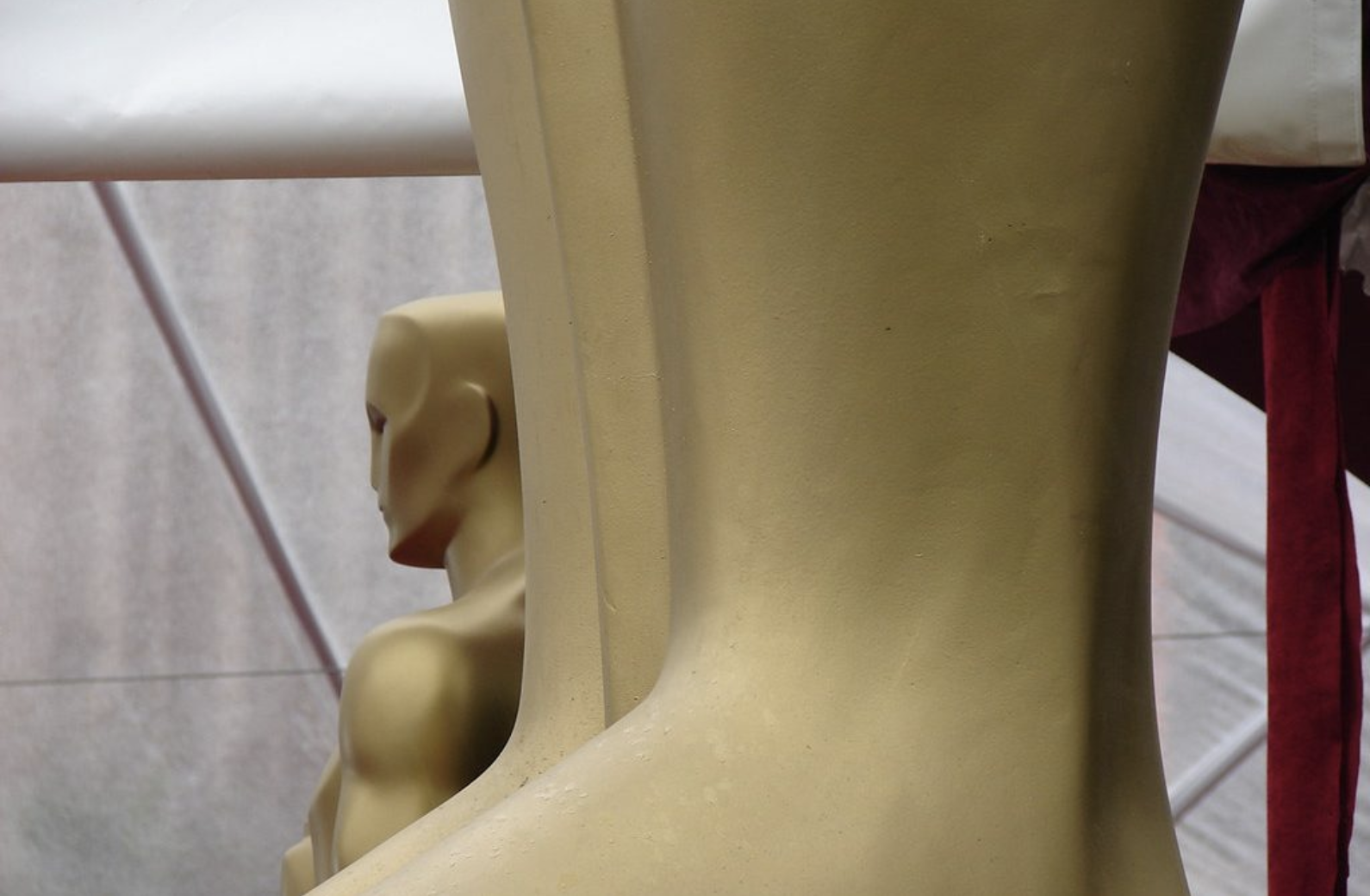OSCARS ’20
by Elisa Teneggi
To learn something about how the Academy industry works, you should clench your morality fists, clamp your eyes, and sit through BoJack Horseman’s wonderfully depressing six seasons. So close this tab and take some PR lessons from Bojack’s advisor Ana Spanikopita, whose buttery voice will walk you through all the steps towards an Oscar nomination. In the Academy’s quaint country club, networking is all that matters. And in case you were wondering – yes, hummus will be served.
Because when we think about it, the closest thing to the Academy is the Corleone family. “Family” is key, and family is all about belonging and sharing a certain ethos. In return, you get protection and co-optation. The family will never betray you. As long as you don’t betray the family.
Although an official list of the members of the Academy is nowhere to be found (at least not with my scanty knowledge of the dark web), its membership requirements are nicely laid out. You can get in if a sponsor endorses your application. And after receiving that sweet Oscar nomination, you willingly subscribe to the club yourself. Every family has its own rules, and institutional families aren’t any different. Therefore, what we must realise is that whenever we are complaining about the decisions of “those dudes from the industry”, there’s a high chance we might be blabbering nonsense. We can’t really understand the Don’s game of chess if we don’t know…well, if we don’t know, we don’t know.
So, what I’d like to do is attempt a down-under look at things. From the outside, here are the facts: last Sunday, Bong Joon-Ho’s Parasite (Gisaengchung) made history by bringing back four golden statuettes to sweet home South Korea – Best Motion Picture of the Year, Best Achievement in Directing, Best Original Screenplay, and Best International Feature Film. Never before a non-anglophone, non-white film achieved such a smashing result. So the question is: why now? And why this incredibly well-directed, stunningly poetic, painstakingly insightful flick?
The first answer might be, and I claim copyright on this: it is a dope movie. And, as blind and racist as the Academy might be, they are no artistic fools indeed. A second answer might be that not everything is the Academy’s fault, and that they wholeheartedly commit to do their impartial best. Between these two extremes of epiphany and good will lies a rather greyish area populated by stacks of gibberish tweets and obscure memeage. And I refuse to dwell on them.
At the same time, this purgatorial limbo reverberates with social and political undercurrents that might be of help in squaring the moment better. A friend of mine recently told me that Joaquin Phoenix’s BAFTA acceptance speech disgusted him. My friend has a smooth sandy complexion and round Middle-Eastern traits, and that speech gave him the creeps because it blamed the film industry’s lack of diversity on the fetishization of whiteness. Clearly, my friend didn’t agree with Phoenix’s argument. He pointed out that the stakes were not “those films should get awards regardless”, but “these crews wouldn’t get their visas to get to London even if they’d been nominated”.
Meanwhile, during Billie Eilish’s frankly not so moving In Memoriam performance, faces from deceased Hollywood personalities popped up on a screen in the background. I couldn’t count any people of colour nor women; their numbers were so small that I immediately forgot about them.
So what conclusion should we draw? First, that, as much as we’d like not to think about it, the film industry flourished in a white-based society – and if that society’s not ready to be fully appreciative of diversity at large, the industry can’t be either. Governments should do more in fostering social inclusion campaigns, and the road to the next Best Picture of colour should take off in our own snobbish living rooms.
Secondly, we learn that, in a paradoxically functional tautology, the Academy and the Hollywood industry are just being themselves – remember the family metaphor? – and what they are is what they used to be. That’s why we witnessed history on Feb. 9th. Because this Asian baby shower means that change is on its way, and maybe a generational – and diversity – shift is happening within the Academy’s ranks. Maybe diversity saturation point has been reached. And Hollywood’s ready to let Bong Joon-Ho and his team’s discrete, reverential elegance flood their hearts and their minds.
As for the other winners, this year’s ceremony staged no surprises. No, Klaus didn’t get hold of a well-deserved award, and the j’accuse might fall on Disney MegaCorp’s need for self-celebratory feel-goodness. Otherwise, I did pretty well in the ballots, and I can’t wait to know if I’ll win that bag of chocolates. And like every year, we’re still buzzing about the ceremony, and how insipid the show was, and how effortlessly Brad has taken to middle age.
It’s through his acceptance speech that I’d like to wrap up this Oscars wrap-up. He spoke about dreams, family, belonging. He described Hollywood’s factory of un-reality as a unicorn candy carnival where, to misquote Reneé Zellweger Oscar-winning Judy Garland, illusions do come true. And suddenly, we all forgot about politics, indignation, and Twitter.
This is what we crave for. In the end, we do want to be part of the family. See you next year – hopefully with less dysfunction over the dinner table.

